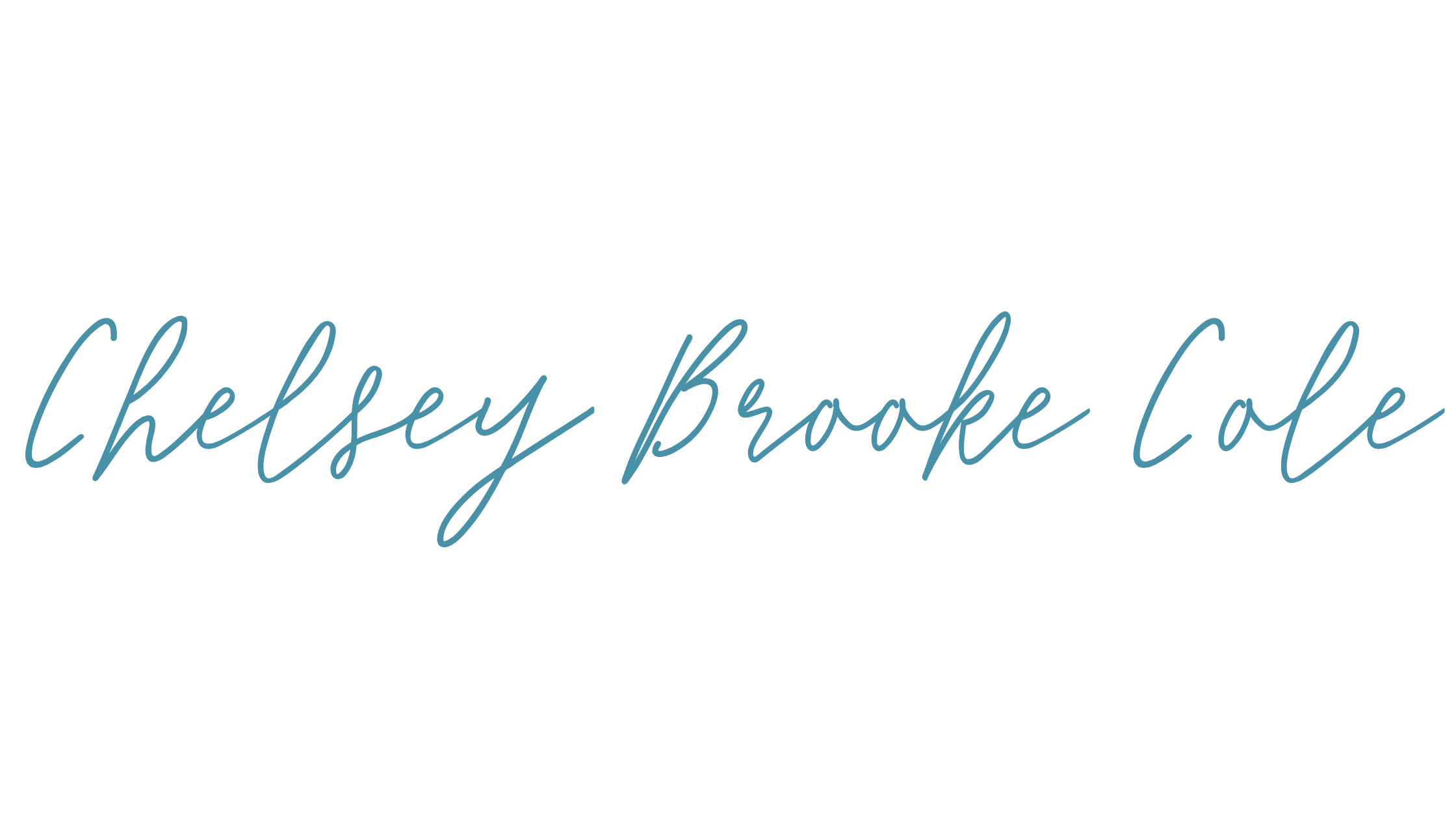
Think of the word shame.
What comes to mind?
Feelings of regret or embarrassment, of not being good enough, of failing, of not meeting expectations, or a sense of disconnectedness?
Everyone thinks of shame in different ways, but there’s one common thread – shame divides us, isolates us, and imprisons us.
Shame would have you believe that there’s something fundamentally wrong with who you are, a kind of sickness that shouldn’t be touched and can’t be healed.
Shame lives in the darkness and can really only be felt as a consequence of not meeting some real or imagined goal, standard, or achievement.
In our society, the gold standard for a “healthy, well-rounded” person includes characteristics like outgoing, fun, entertaining, talkative, social, active, and involved.
It doesn’t take long to figure out that, as an introvert, you don’t necessarily have these most desired traits.
What you naturally want and crave – like solitude, a place to reflect, meaningful relationships, and a sense of purpose – seems odd, unnecessary, inconvenient or even that most dreaded term, antisocial.
But what’s most interesting – and most important – is knowing the antidote to shame.
Shame cannot survive when it is exposed to these three things: courage, compassion, and connection.
Although extroverts are often hailed for making connections, introverts’ slower, more thoughtful approach to relationships creates the perfect recipe for conquering shame.
Our aversion to idle chit-chat isn’t an attempt to be difficult, but rather a desire to connect on a more meaningful level.
Self-reflection isn’t a selfish act, but a path toward personal growth and ever-growing compassion.
Our ability to cut through the unnecessary fluff and get to the heart of an issue – is exactly what is needed to banish shame, awaken authenticity and create long-lasting, genuine connections with others.
Have you ever experienced shame for being an introvert? How do you replace shame with strength?
If you’re looking to heal from narcissistic abuse or relationship trauma, I can help! I specialize in helping people heal from toxic, dysfunctional, or harmful relationships. I recommend starting here and getting my free bimonthly newsletter. Or contact me today about working together via therapy or coaching.


